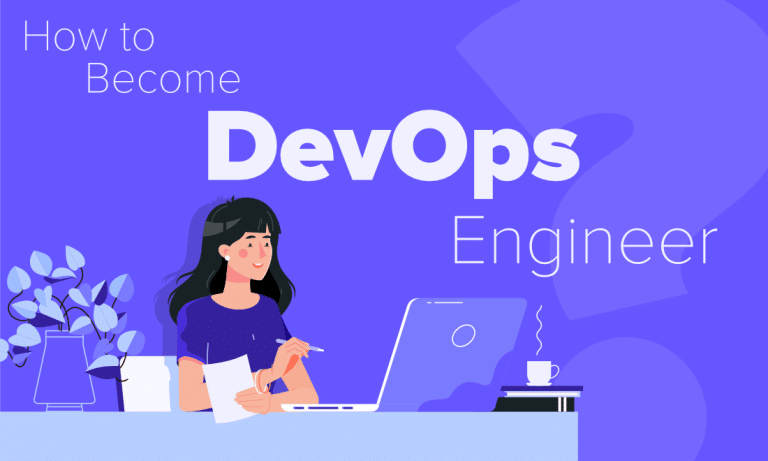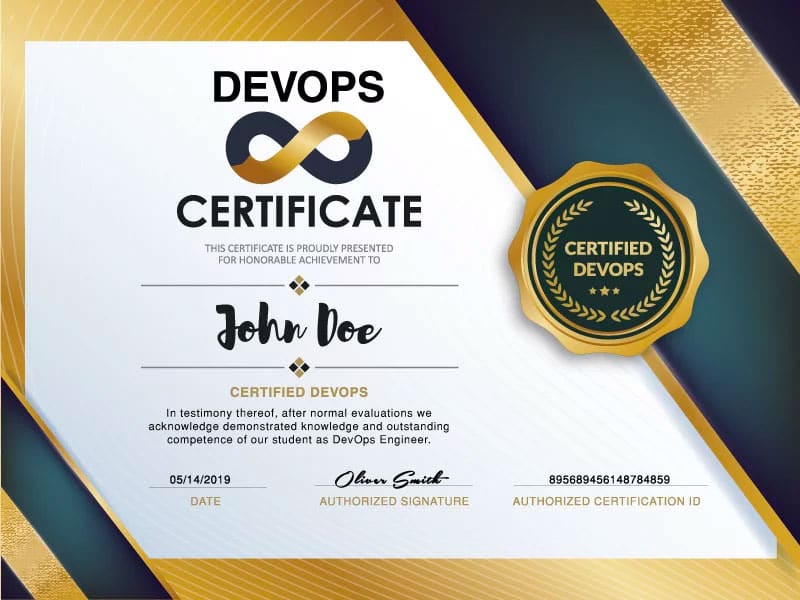It’s not a simple job becoming a DevOps Engineer since you have to constantly study and upgrade your skills with new technology. To progress as a DevOps Engineer, you’ll need to acquire certain knowledge and experience. To make more than $100,000 a year as a DevOps Engineer, you have to provide excellent performance and quality to your business. Here are a few pointers you can learn along the way to help you become a successful DevOps Engineer.
Contents
1. Learn the Operating System
To become a successful DevOps engineer you must understand the os with which you’re dealing. This may seem obvious to some or strange to many, but it really is true. Because many developers employ Ubuntu Linux at the office so, they’re familiar with common tools like netstat, grep, and aux. If you’re familiar with the platform and operating system, you’ll be able to debug the system more efficiently.
A thorough understanding of how the system works will allow you to address issues and write bash scripts with more efficiency. As a result, I strongly recommend that everyone get themselves acquainted with Ubuntu or any other os of their choice, be it Windows (or Mac) or Linux.
2. Troubleshooting Expertise
Once you have a firm grasp of how to use an operating system, you’ll be well on your way to being a more effective DevOps Engineer. A talent like troubleshooting could only be learned by experiencing and sussing out for yourself. DevOps must constantly communicate with programmers to figure out what’s triggering delivery problems. A good troubleshooter may help both you as well as the programmer save time by quickly determining which element or function is at the root of the issue.
If you have this ability, you could use Google to find the specific fault and immediately come up with a plan or readily determine if the trouble is on your end or the developer’s end. Improve your troubleshooting skills via hands-on experience with a variety of services, and a thorough understanding of the cloud.
3. Get Certified
DevOps Engineers who have worked in the field for at least 12–15 months should take the certification exam to further their knowledge. Your CV will shine out more if you have certifications on it, and the employer will be able to assess you more objectively. Even if you don’t have any credentials in your desired field, you still have a good chance of securing a job in your preferred field.




